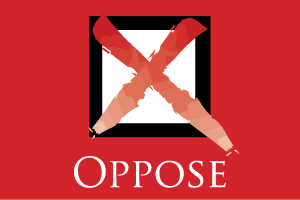In a one sentence ruling this week, a deadlocked United States Supreme Court upheld a system allowing public employers to require nonunion public workers to pay what are called “fair share” union fees. With the recent passing of Justice Antonin Scalia, there was no deciding vote to break the 4-4 tie. This highly watched labor case is Friedrichs v. California Teachers Association.
The case began in California. A group of public school teachers sought to overturn a 1977 United States Supreme Court decision in Abood v. Detroit Board of Education. Abood allowed public employers to require nonunion workers in union-represented bargaining units to pay union fees as long as they didn’t have to fund the union’s political or ideological activities — so-called “fair share” payments. Some union opponents in California challenged these fair share fees as unconstitutional, but the Ninth Circuit relied on Abood to rule in favor of the teachers’ unions.
In the Friedrichs case, the Supreme Court was set to consider its earlier decision in Abood and the constitutionality of fair share fees, including whether it violates the First Amendment to require public employees to affirmatively “opt out” of funding unions’ political and ideological activities rather than requiring that employees affirmatively “opt-in” to subsidizing such speech.
In today’s ruling, the U.S. Supreme Court simply announced the deadlock and affirmed the Ninth Circuit’s decision. For now, Abood and fair share fees remain valid.
This is the second tie decision since Justice Scalia died and left a vacancy on the Court.
CalChamber members can read more about Unions in the HR Library. Not a member? See how HRCalifornia can help you.
Staff Contact: Gail Cecchettini Whaley

